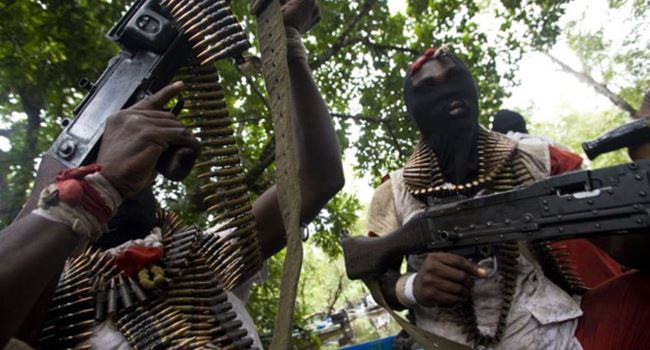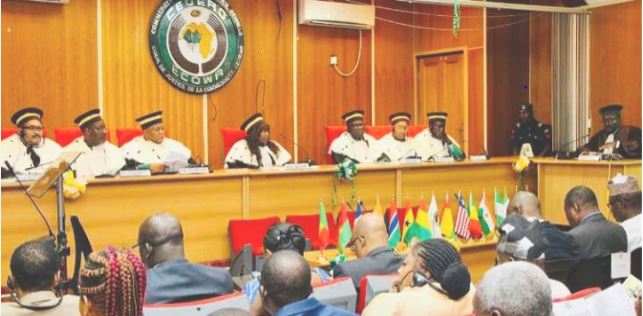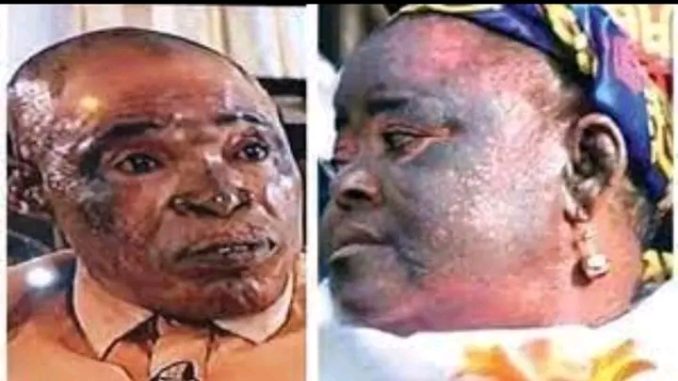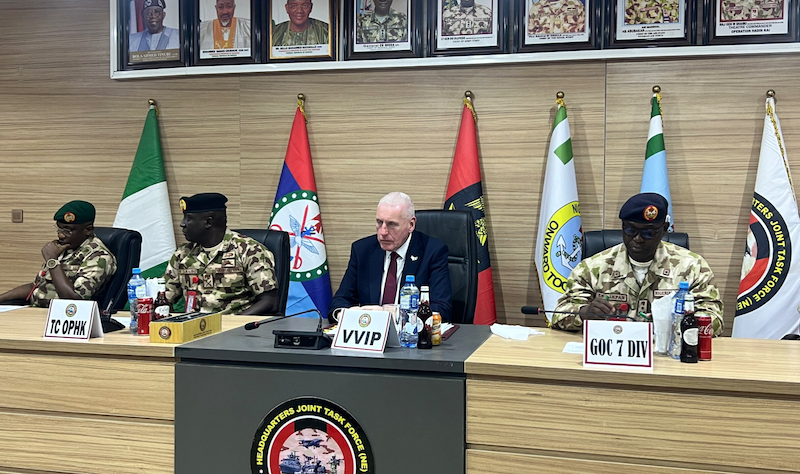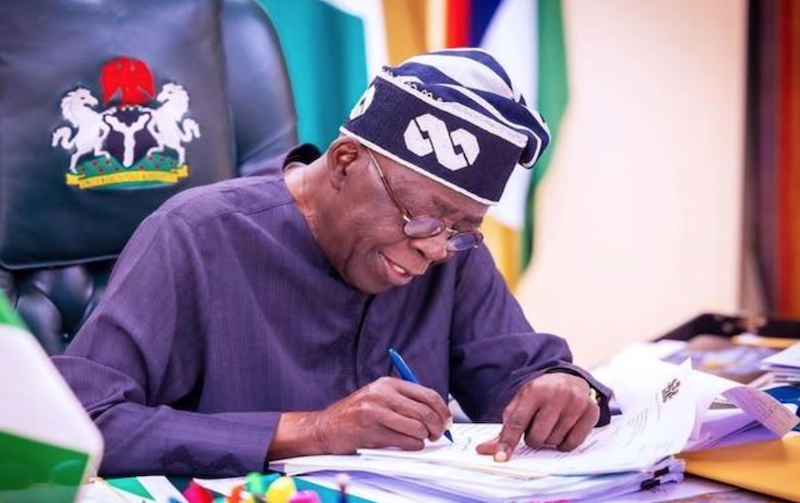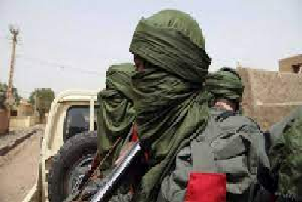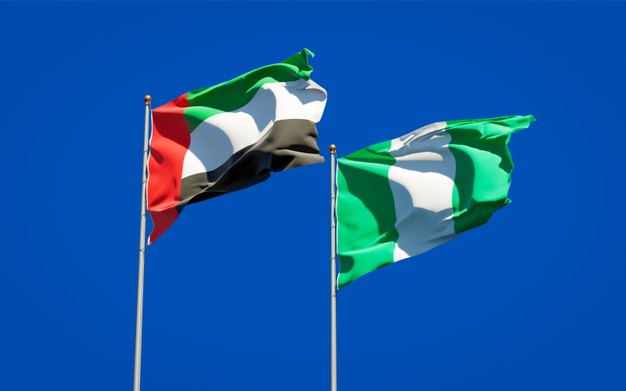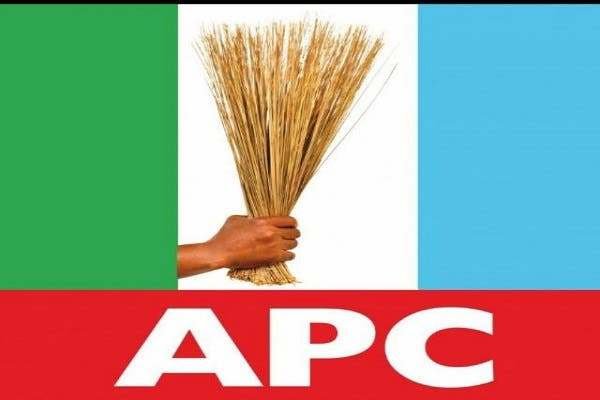Nigeria recorded 16.3 per cent decrease in kidnapping for ransom incidents in 2024.
Maj.-Gen. Adamu Laka, the National Coordinator of the National Counter Terrorism Center, Office of the National Security Adviser (NCTC-ONSA) made this known while briefing newsmen on the activities of the Multi-Agency Anti-kidnap Fusion Cell, on Thursday in Abuja.
He said that kidnapping for ransom posed a significant security challenge in 2024, with non-state actors such as bandits, terrorists, cultists, militants and secessionist groups exploiting the crime for pecuniary gains and funding of illicit activities.
Laka promised to produce the details subsequently.
He said that in spite of some improvements, the menace had remained a serious threat to national security, socioeconomic activities and food production across the country.
“As a result of efforts by the current administration under the National Security Adviser, Nuhu Ribadu, in 2024 Nigeria recorded 16.3 per cent decrease in incidents compared to 2023.
“The number of incidents increased slightly by 0.27 per cent, with Kaduna, Katsina, and Zamfara in the North-West accounted for the highest prevalence, with 13.8 per cent of total incidents and 61.1 per cent victims of the total recorded cases.
“Trends and Impact of kidnapping incidents in 2024 occurred in rural and urban communities, targeting villages, schools, highways, and residential areas,” he said.
Laka said that in spite of measures taken towards reducing incidents, mass abductions persisted, leaving agrarian communities deserted, disrupting food production, and driving food prices higher.
He added that the sustained payment of ransom had also continue to fuel the crime, adding that perpetrators exploit families’ fears to demand exorbitant sums.
He said that the federal government had implemented both kinetic and non-kinetic measures to combat the menace and had achieved significant results, such as rescue of hostages, neutralising and arresting kidnapping kingpins.
According to him, the criminals have continued to adapt and strengthen their capacity using proceeds from ransom payments.
The coordinator disclosed that the government had projected that kidnapping for ransom would persist in 2025 due to its financial incentives but had strengthened counter-kidnapping initiatives.
According to him, efforts have been expanded to the six geo-political regions; improved collaborations with the 36 state governments and reinforced public confidence in government protection to discourage ransom payments.
Other measures according to him, include engagement of state governments to address unemployment and economic vulnerabilities that drive individuals to crime.
He added that communities affected by mass abductions must be supported to restore livelihoods and food production, preventing further socioeconomic disruptions.
“The Nigerian Communication Commission has facilitated an emergency response number 112.
“The NCTC calls on all Nigerians to report suspicious activities, crimes, kidnapping, among others, by calling the toll-free number 112, including the Multi-Agency Anti-kidnap Fusion Cell designated numbers that will be provided to members of the public.
“Kidnapping for ransom remains a critical challenge requiring collective and intensified efforts by all stakeholders.
“While significant progress was achieved in 2024, sustained commitment and innovative approaches are imperative to mitigate the menace in 2025,” he said.
